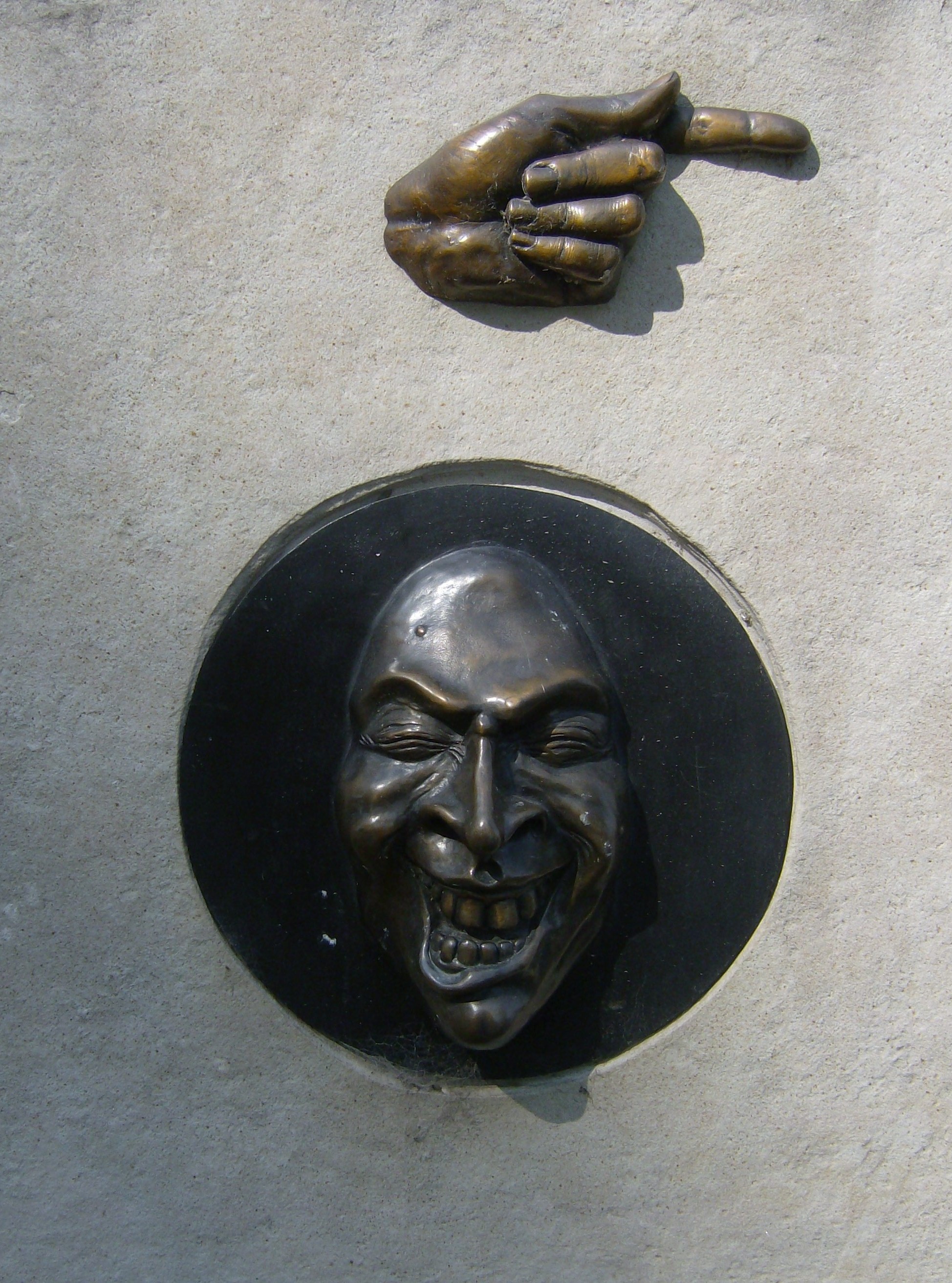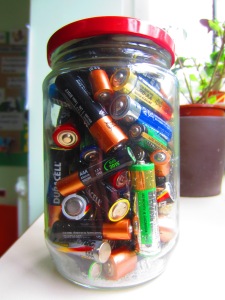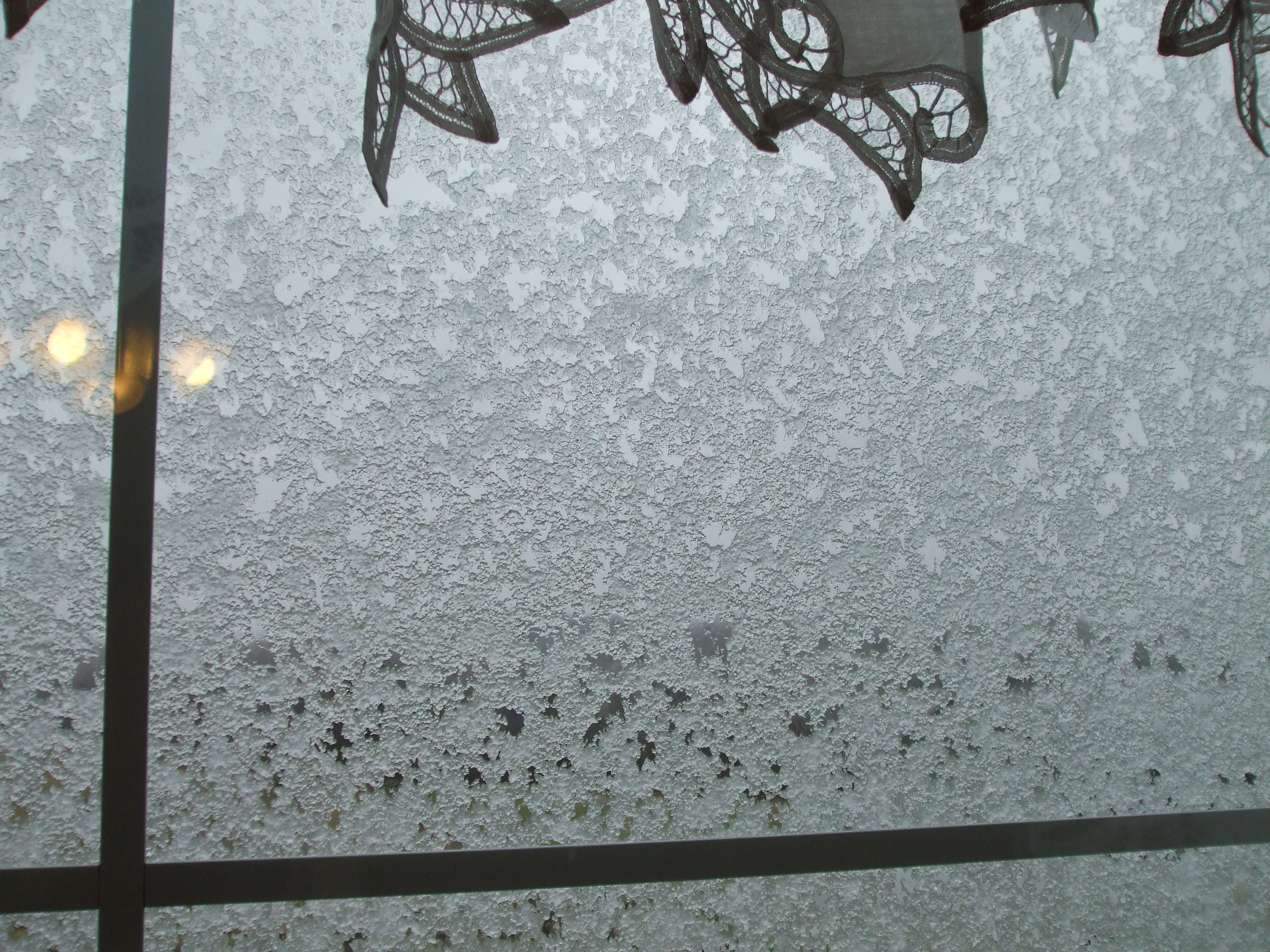My wise, witty, and wonderful friend Cindy Rollins at
Ordo Amoris / Dominion Family is hosting a nice, slow read through Dorothy Sayers' classic
The Mind of the Maker, which I just love having an excuse to read. I sat down this evening with my satisfying Levenger note cards
and started in with the Preface, Introduction by Madeleine L'Engle, and Chapter 1: "The 'Laws' of Nature and Opinion." I'm going to post here my own contributions to the discussion, but first I'm going to read my predecessors. You can find all the links
here.
Cindy R. asks if we like Sayers' style--yes, of course, it's delightful! She makes me long for the life I haven't had, that scholarly life in trimmed-lawn quads traversed by busy people in academic gowns with stacks of books, part of what always made
Mystery! such a fun show to watch. I love her naughty little limerick that is only tangentially necessary to her discussion of the "law" of probability in genetics--it doesn't say the fourth baby in a Mendelian sequence will be male or female or mulatto but that with enough babies we'll get roughly that distribution.
I agree with Sayers that it is depressing, distressing, that too many conversations end with frustration, when I see that the other person just doesn't get it. Will this kind of misunderstanding increase as education diversifies into the public mass education on the one hand, full of bureaucratized recordkeeping, and individualized free education of all the amazing sorts we've sampled as homeschoolers and online educators and students over the years? Then those outside of the mainstream will find that only the most talented of the mass-produced students out there will be able to hold a real discussion--it's a contrast from the olden days when a talented farmer's son (or daughter) would surprise everyone and hold court in the marketplace or force his way through law school or write great poetry quietly after the chores.
I love Sayers' idea that the creativity of man is a reflection of the Creator.
I also really enjoyed L'Engle's Introduction in my edition, but I won't spend time on that here.
The Chapter 1 distinction between historical fact, like Grimm's phonetic law, and natural law--a statement of physical fact--reminds me of a great xkcd cartoon I saw the other day:
"Electoral Precedent." Other political hints come in her note about how our dumb laws are superceded by natural law when those dumb laws lead to war, pestilence, and famine. The good intentions are well illustrated by our friend Debra Hilton's observation that mosquito nets so lovingly sent to Mozambique actually result in MORE malaria because the locals use them for really efficient fishing nets, casting all the little fish up on the beach to die and thus end their careers eating mosquitos. Natural law will out.
I wonder about applying this idea to our ideas of when our children should marry. By natural law they ought to marry at about 15-18, I'm thinking, but our society has smothered natural law with expectations and half-measures of contraception. But natural law will out.
I love the commentary on Aristotle's dramatic unities--I've been fascinated with those since Mrs. Schwerdt's 12th grade AP English class introduced me to them. How satisfying that we prove the wisdom of Aristotle when we naturally respond well to drama that follows those "rules."
But we also strain against the yoke when we find God's laws inconvenient or limiting to our freedom, we think. Sayers says we should not ask, "Is it pleasant?" but "Is it true?" "Creeds are statements of fact." I don't have to strain myself to believe that Jesus was come down from Heaven, born of a virgin--I merely affirm what my whole being resonates to in the truth of that statement--what glorious truth!


